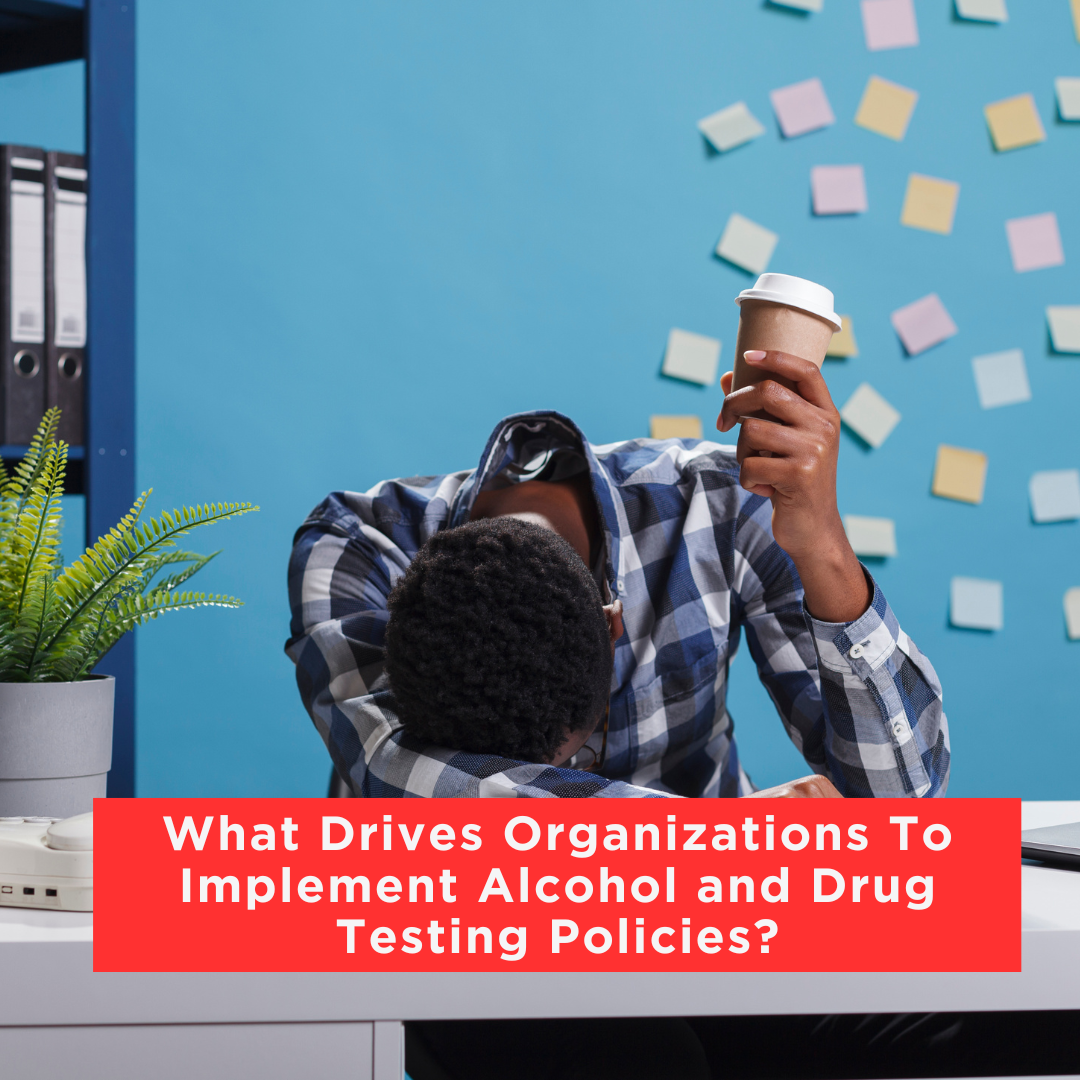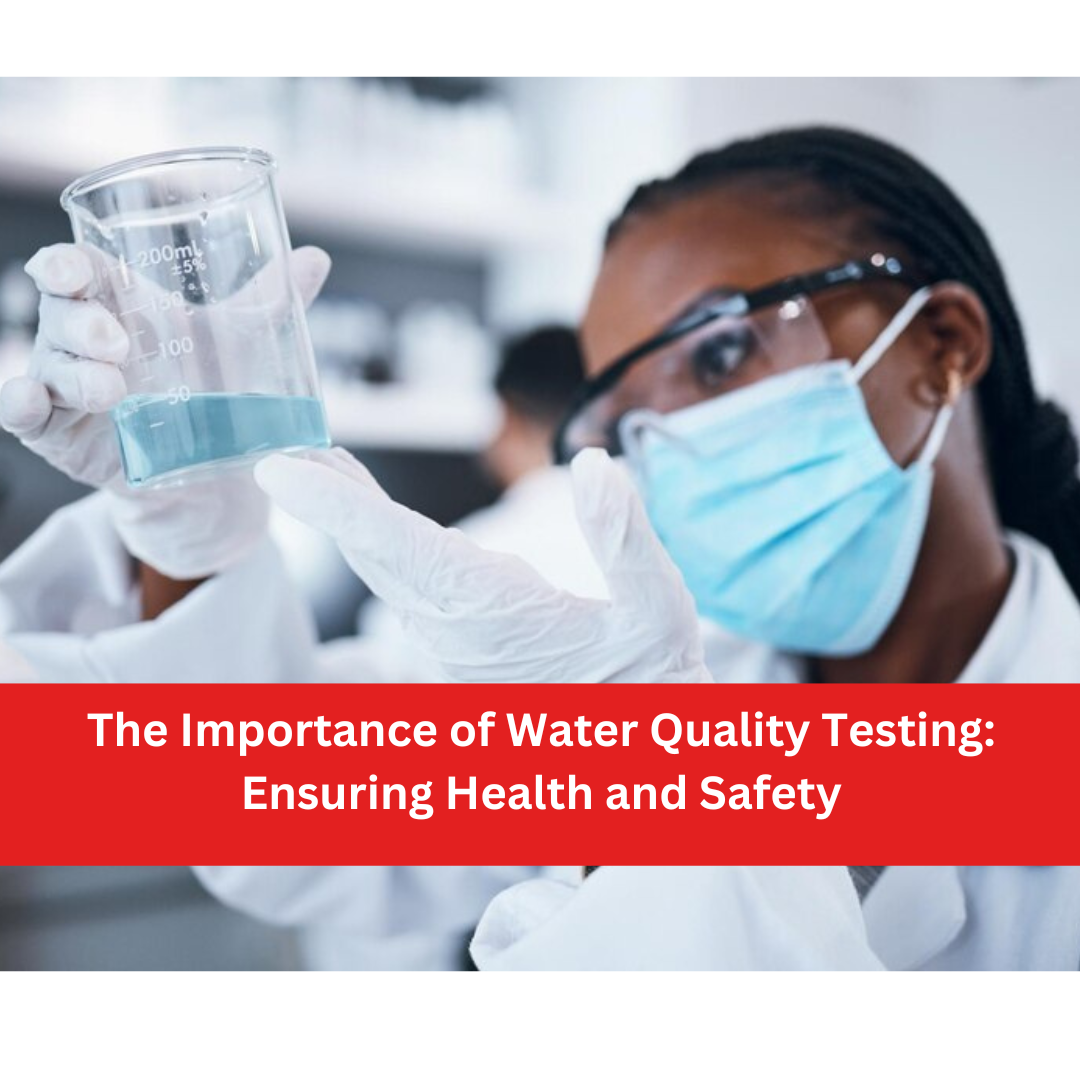Have you ever wondered why your organization has an Alcohol and Drug testing policy? Well, the interplay between work-related stress and substance abuse is complex. People who have to perform at their best consistently face high expectations and demanding deadlines may feel overwhelmed. Consequently, they may turn to drugs or alcohol to alleviate their stress and anxiety temporarily. The attraction stems from the temporary comfort these substances appear to provide. Nevertheless, this method of dealing with stress frequently escalates into a more significant issue, impacting not just the individual but also their coworkers, the atmosphere at work, and the overall effectiveness of the organization.
Related post: https://www.medburymedicals.com/drug-abuse-in-the-workplace-the-consequences-and-how-to-manage-it/
Addressing substance abuse concerns in the workplace requires a comprehensive and thoughtful approach. This is not a challenge that can be solved with a one-size-fits-all solution. Instead, it necessitates a strategy that takes into account the unique factors at play. It is, therefore, very vital that organizations have a range of strategies available to them for managing drug and alcohol misuse concerns, some of which are mandated by regulations. These policies aim to ensure a safe and conducive work environment by identifying and addressing alcohol-related risks that can compromise workplace safety, employee performance, and organizational reputation.
Related post: https://www.medburymedicals.com/frequently-asked-questions-on-drugs-alcohol-screening/
What are the benefits of implementing alcohol and drug testing policies?
To Ensure Workplace Safety: Workplace safety is paramount for any organization. Implementing alcohol and drug testing policies is a measure that organizations undertake to safeguard their employees, clients, and business operations. Alcohol and drug impairment can significantly increase the likelihood of accidents, injuries, and errors on the job, putting lives and valuable assets at risk. By establishing comprehensive alcohol and drug testing protocols, organizations can identify employees who may be under the influence of alcohol and intervene before potential safety incidents occur.
To Ensure Employee Well-being: The well-being of employees is paramount. Recognizing the potential connection between work-related stress and substance abuse, organizations implement alcohol and drug policies to prioritize their employees’ mental health, which empowers employees to cope with stress in healthier ways.
To Enhance Employee Productivity: Alcohol and drug impairment can have a detrimental effect on employee productivity and performance. Individuals who are under the influence of alcohol or drug use may struggle with concentration, decision-making, and task execution. These factors can lead to decreased efficiency, missed deadlines, and poor-quality work. Recognizing the impact of alcohol on productivity, organizations opt for alcohol testing policies to ensure that employees are fit for duty and capable of performing their tasks at their best.
To Foster a Positive Organizational Culture: A strong organizational culture is built on trust, accountability, and mutual respect. Organizations implementing alcohol and drug testing policies send a clear message to employees that the organization values their safety and well-being. It also reinforces the importance of responsible behavior both inside and outside the workplace.
To Preserve Organizational Reputation: An organization’s reputation is an intangible yet invaluable asset. Public perception can be significantly affected by alcohol-related incidents involving employees. News of such incidents can tarnish an organization’s image, leading to a loss of trust from customers, partners, and investors. By implementing alcohol and drug testing policies, organizations proactively work towards preventing incidents that could negatively impact their reputation, preserving their standing within the industry and community.
To Comply with Industry Regulations: In some industries, alcohol and drug testing policies are not just a choice but a requirement. Sectors such as transportation, healthcare, and manufacturing are often subject to strict regulations governing employee sobriety due to the high safety stakes involved. Organizations operating in such industries must adhere to these regulations to maintain their licenses, certifications, and operational status. Implementing alcohol and drug testing policies is thus not only a strategic move but also a compliance necessity.
By addressing the potential risks associated with alcohol impairment, organizations can create a safer, more productive, and more positive work environment. The factors driving organizations to adopt alcohol and drug testing policies are proactive measures grounded in recent statistics and real-world concerns, and they serve as a critical tool for organizations to safeguard their employees and overall success.
Medbury Corporate and Occupational Health, a division of Medbury Healthcare, provides organizations with the most comprehensive drug and alcohol screening services. Our services are designed to ensure that your workplace is safe and productive. Our team of experienced professionals will provide you with tailored strategies based on your specific needs to make the best decisions for your organization.
Contact us today!








No Comments